This semi-quarantined, semi-open summer has so far been full of fluctuations in perspective. In the course of a single week, it’s easy to go from hopeful and excited to fearful and shut down. I’ve had weeks of peacefulness and interspersed with real anxiety. At times I’ve felt more able than ever to look on the bright side, and sometimes it feels impossible to think positively.
There’s nothing unusual about fluctuation, of course, but I think that the Covid crisis has shown me an unusual amount of inner “turbulence,” of highs and lows packed into a single week.
I spent a lot of time ruminating on the past this week, which inevitably got me thinking about regret. Whenever I read anything about regret, the advice seems to be, don’t look back! Everything you’ve experienced makes you who you are. You can’t change the past. Life must be lived forward. Etc.
This reminds me a little of telling people who wish to be partnered that they’ll meet someone as soon as they stop trying, or inviting someone who’s feeling hopeless to look for a bright side. It’s the right advice in the sense that it’s truthful: we often do end up finding fulfillment when we stop trying to force things, and identifying a silver lining is a powerful way to combat gloom.
But shifts in perspective don’t just happen at the moment we’d like them to. Being stuck in a negative or mournful thought pattern is painful precisely because it becomes so difficult to see things any other way—sort of like having the flu, and momentarily forgetting what it feels like to feel well. One might be aware intellectually that a different way of looking at things would be healthier, but that doesn’t make it easy to change lenses.
I’ve learned to be patient with myself when I’m stuck in dark and stubborn inner spaces: shame, regret, self-loathing, negative thinking. I repeat to myself Rilke’s words: “no feeling is final.” I go easy on myself and wait it out. Sometimes I read or remember something that helps me to snap out of the feeling a little more quickly.
Two things helped me this week, as I obsessed over what-ifs and should haves—things that I wish I had or hadn’t done, mistakes I’ve made. The first was a quote I’ve seen attributed to Jane Fonda: “We are not meant to be perfect; we are meant to be whole.”
It may be possible to live life without regret (#goals), but I know it’s not possible to avoid mistakes. Life is messy, and mistakes get made. It can be incredibly painful to wrestle with one’s wrongdoings and errors in judgment, but doing so is part of being a fully realized person.
That thought took me to another remembered passage this week. It’s the famous dialog about becoming real in The Velveteen Rabbit by Margery Williams, which I love so much I’ve written about it before:
“Real isn’t how you are made,” said the Skin Horse. “It’s a thing that happens to you. When a child loves you for a long, long time, not just to play with, but REALLY loves you, then you become Real.”
“Does it hurt?” asked the Rabbit.
“Sometimes,” said the Skin Horse, for he was always truthful. “When you are Real you don’t mind being hurt.”
“Does it happen all at once, like being wound up,” he asked, “or bit by bit?”
“It doesn’t happen all at once,” said the Skin Horse. “You become. It takes a long time. That’s why it doesn’t happen often to people who break easily, or have sharp edges, or who have to be carefully kept. Generally, by the time you are Real, most of your hair has been loved off, and your eyes drop out and you get loose in the joints and very shabby. But these things don’t matter at all, because once you are Real you can’t be ugly, except to people who don’t understand.”
In spite of a long history of trying to control myself so tightly that I never mess up, I’ve messed up plenty. I’ve taken chances that didn’t go as planned, tried to do things and failed, caused hurt to myself and others, been careless at times and too careful at others. Whole, real, human—no matter how I label it, I understand that it’s OK. It couldn’t be any other way.
I’m still feeling a little tender today, as I write, but there’s a sense of peace and acceptance, too. Gratitude for the present. Maybe a little humor creeping in around the edges. That’s more than a small win on this Sunday. It’s a big one.
Here are some recipes and reads.
Recipes
How have I never made a vegan buffalo sauce before?
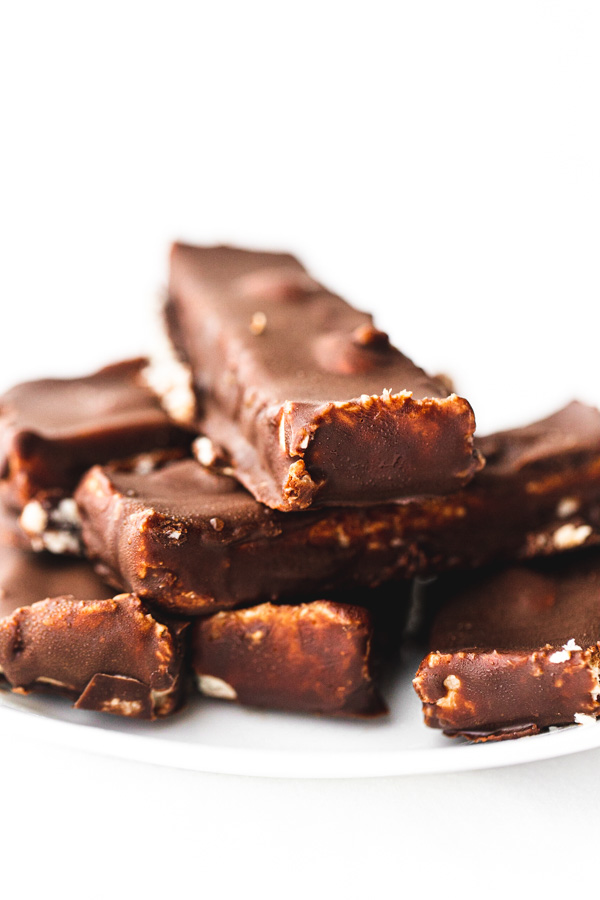
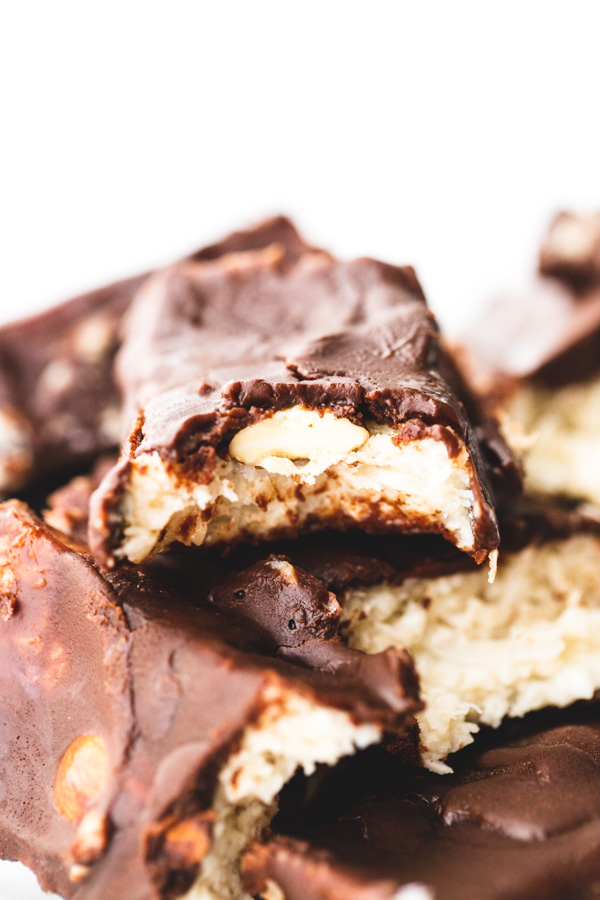
I’d like to be snacking on one of these vegan Almond Joy bars right now.
A simple plant-based summer sauté with basil sauce, from the lovely Jessie May.
Dolly’s vegan and gluten free tomato galette is stunning!
I’ve been on a quest to create my own perfect vegan tiramisu for quite a while. In the meantime, I’m loving Lisa’s version.
Reads
1. An interview with Amber Gibson and Cassandra Willyard, who investigated abuse of medical residents during the Covid-19 crisis. It’s an interesting look at what faces health reporters as they prepare to tell difficult stories.
2. A really cool story on how our brains process risk.
3. Writer Clint Smith reflects on the experience of taking his children to see Frederick Douglass’s birthplace.
4. More reporting on how dermatology is reckoning with a long history of underrepresentation of black and brown skin. This impacts the field from training to practice, harming patients.
5. I was glad to see this New York Times article calling attention to the ways in which eating disorders can go unnoticed. I rarely use the term “atypical anorexia,” which is used to denote cases where patients present with body dysmorphia and psychological distress, but without the low weight criteria of a classic AN diagnosis. Why? Because I’ve worked with so many clients whose anorexia presented this way that it no longer registers as atypical to me, as a practitioner.
Still, I’m glad to see that there’s now greater awareness of the many varying presentations of eating disorders and disordered eating. Especially since eating disorders are likely to be on the rise in the time of Covid, without the access to community that can so often aid in recovery.
If you’re out there struggling, I see you. I’m thinking of you. I hope you can do whatever is possible to get the support that you need. In spite of these unfair and unprecedented circumstances, I hope with all my heart that you can start, or continue, to heal.
Till soon,
xo
You might also like
When I was in college, I had a different relationship with “going home” than most of my peers. For them, winter and spring holidays meant booking flights and spending a week someplace else. For me, it meant a subway ride or a walk forty blocks south of campus. As someone who’s chosen to stay in the place she grew up, “going home” has continued to be a matter of shifting neighborhoods, which sometimes means that it feels unremarkable. I’m lucky to be so…
This week, I came across Clive Thompson’s article in Smithsonian about the history of maps. Thompson does give history, but the article is more than a chronicle. It’s also a meditation on the meaning and importance of maps, the rise of GPS navigation, and the fact that “many of us have stopped paying attention to the world around us because we are too intent on following directions.” I used to get lost in New York all the time. Sure, Manhattan is a grid,…
This year has been more extroverted than I’m used to, but also more solitary. On the one hand, I’ve been in busy workplace environments each day, constantly exposed to new colleagues and new patients. This is a far cry from the quiet, work-from-home life that I’ve been living as a self-employed graduate student for the last many years. It’s been invigorating at times, draining at others; if nothing else, a big adjustment. On the other hand, I haven’t had the energy to spend…
This week, I read Jancee Dunn’s thoughts on a new book, which is titled The Swedish Art of Aging Exuberantly. The author, Margareta Magnusson, has written previously about “death cleaning,” which is a little less grim than it sounds. Basically, it’s the practice of clearing away unnecessary belongings, so that nobody will be tasked with doing it after you’ve passed away. The idea is to reduce burdens, both physical and literal, so that you can grow older unencumbered. I’m excited to actually read…


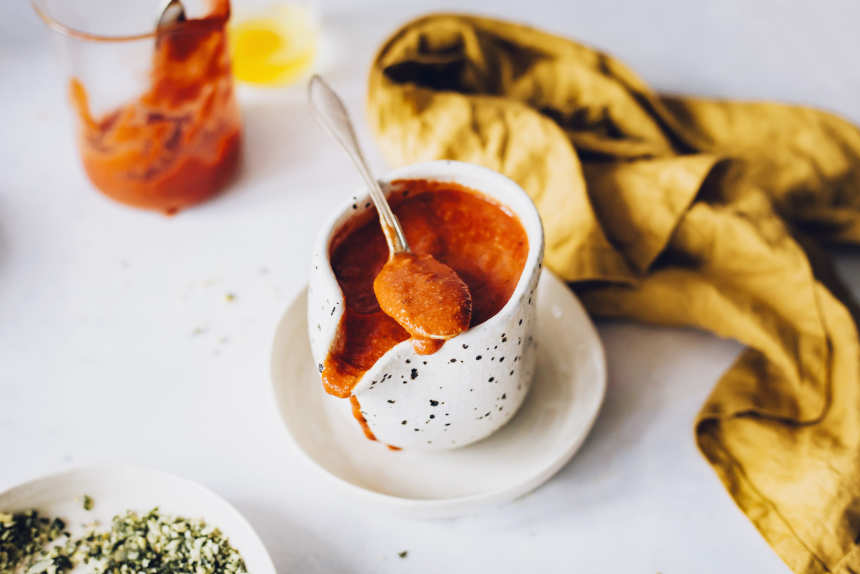

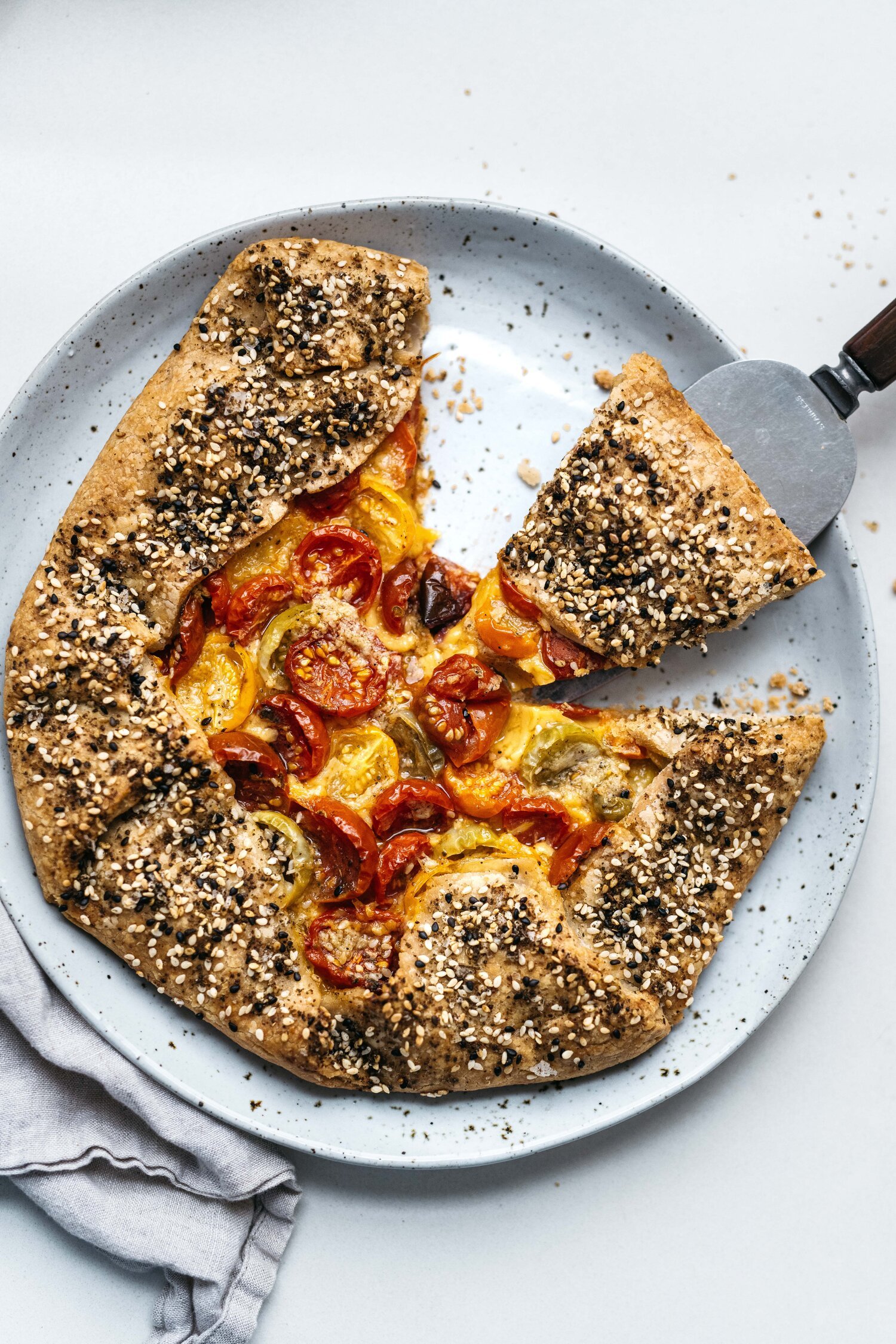
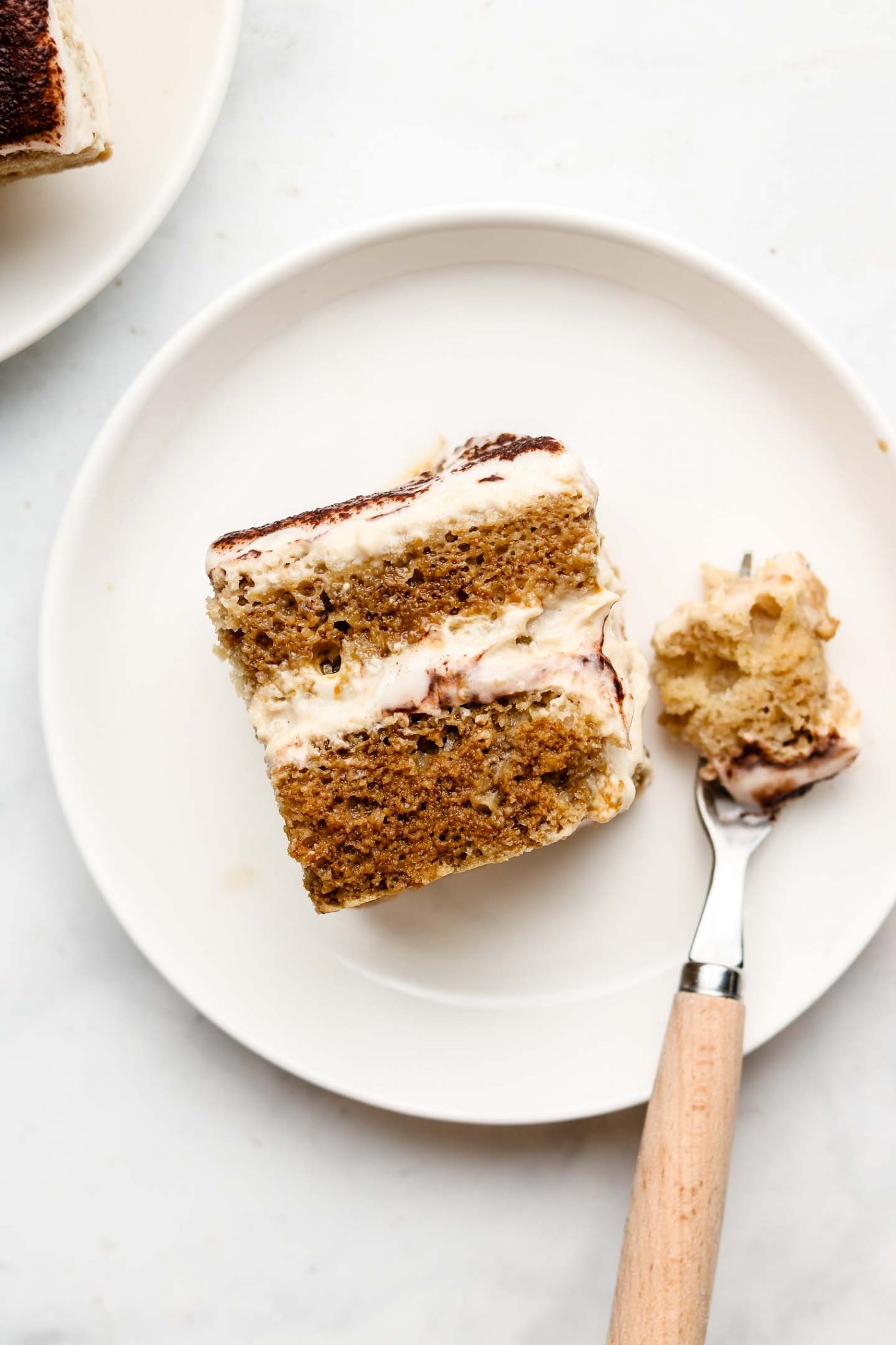
Leave a Comment
Dearest Gena, I really really love this blog post. The Velveteen Rabbit, and this particular passage, have been very central in my life, first when I was growing up, and later, when I played an audiotape of it to my son, and later read him the book. It so fits as your metaphor for the process of becoming a full realized person, and more. Thank you for bringing it back into my life tonight. Food selections are scrumptious, especially vegan tiramisu recipe. I too had enjoyed the risk assessment article earlier but the winner here is The Atlantic piece on visiting the birthplace of Frederick Douglas. I’ll be sharing that one myself. Many thanks and lots of love to you–
Long time reader -never commented
Thanks for all you do I look forward to these posts every Sunday night as my weekend wrap up
Love your work
Thanks xo